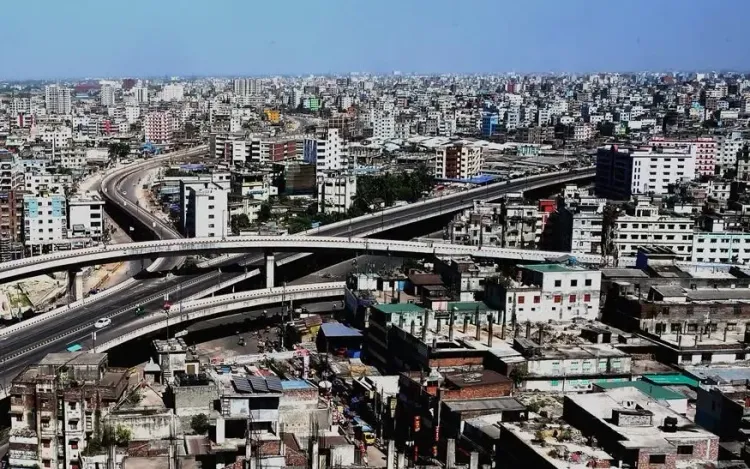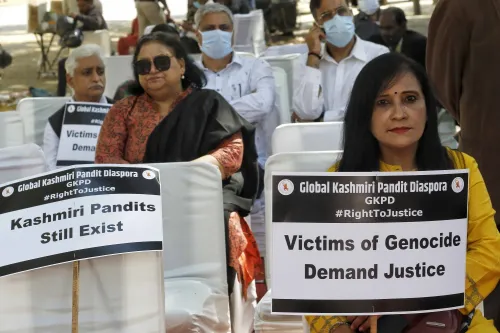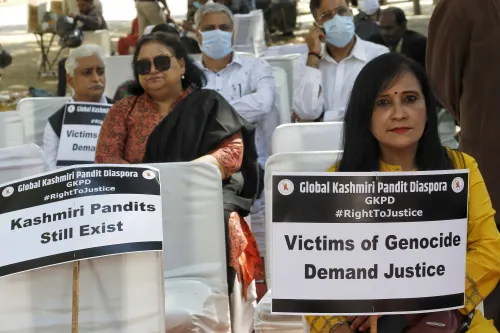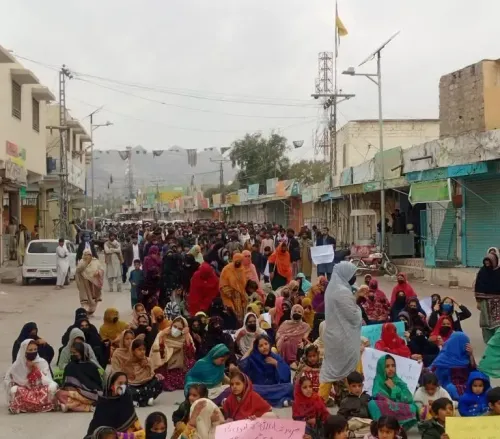South Korea: Investment and Growth Affected by Bangladesh's Political Turmoil

Synopsis
Key Takeaways
- Political instability is hampering investment in Bangladesh.
- Business leaders are hesitant to invest due to uncertainty.
- Private investment and consumption are growing slowly.
- Bangladesh's FDI-to-GDP ratio is lower than India and Vietnam.
- Improving visa and customs processes is essential.
Dhaka, March 1 (NationPress) South Korea has expressed that political instability and uncertainty in Bangladesh are posing significant obstacles for investment and economic growth.
During the 'Meet the OCAB' event hosted by the Overseas Correspondents Association Bangladesh (OCAB) in Dhaka, South Korean Ambassador to Bangladesh, Park Young-sik, remarked on Friday, "Bangladesh is presently governed by an interim administration, and in discussions with business leaders, they convey that they are hesitant to invest. They are observing the situation closely to determine the next steps."
"Regardless, the political instability and uncertainty are obstructing progress for the host nation (Bangladesh). It’s essential to resolve the political challenges," he added.
"Analyzing the data reveals that private investment and consumption are experiencing minimal growth. A decline in private investment and consumption will inevitably slow Bangladesh's economic growth," he emphasized.
Young-sik highlighted that regarding Foreign Direct Investment (FDI), Bangladesh's FDI-to-GDP ratio is inferior to that of India and Vietnam, according to reports from Bangladesh's prominent daily, The Business Standard.
"Simply providing incentives is insufficient; Bangladesh must enhance visa processes, customs clearance, and implement a rational tax and tariff framework. Moreover, it should permit profit repatriation without tax imposition and enforce robust measures against corruption," the Ambassador stated.
The economy of Bangladesh is confronting serious challenges amid significant unrest in the country since August 2024. Reports from February indicate that the business sector is grappling with a considerable liquidity crisis, resulting in numerous commercial and industrial entities shutting down.
Entrepreneurs in Bangladesh are struggling to import raw materials crucial for maintaining their operations.
Additionally, there is an escalating security concern within the business community, prompting the interim government to ensure a safe and secure environment for all industries, particularly the ready-made garment sector, which is Bangladesh's primary export.
There have been multiple incidents of brutal attacks on business owners by criminals in recent months.










